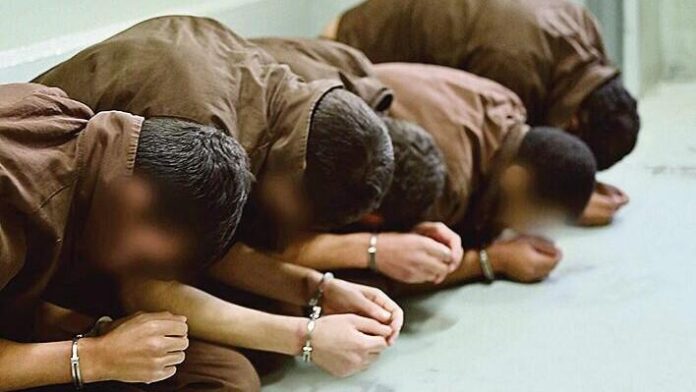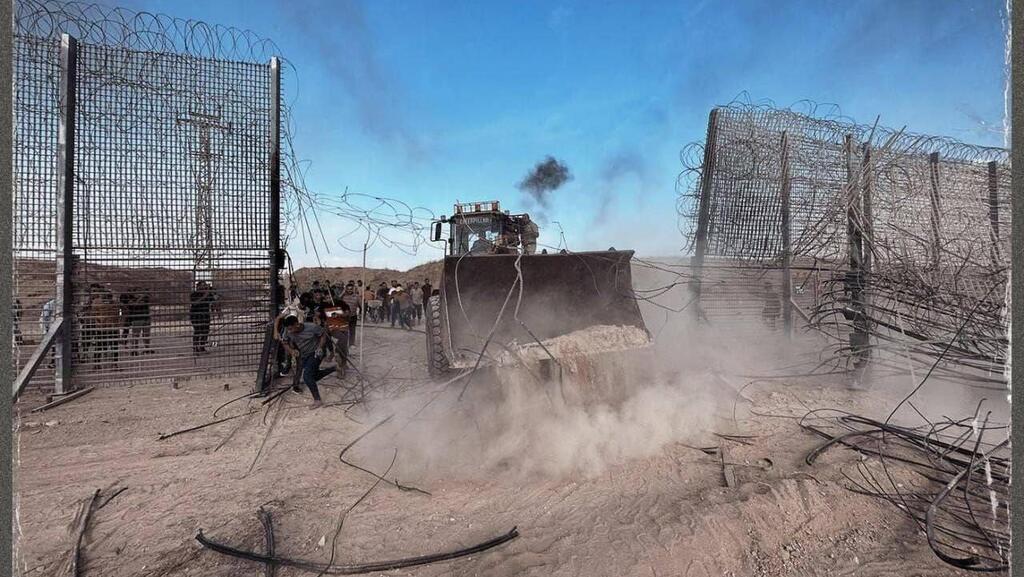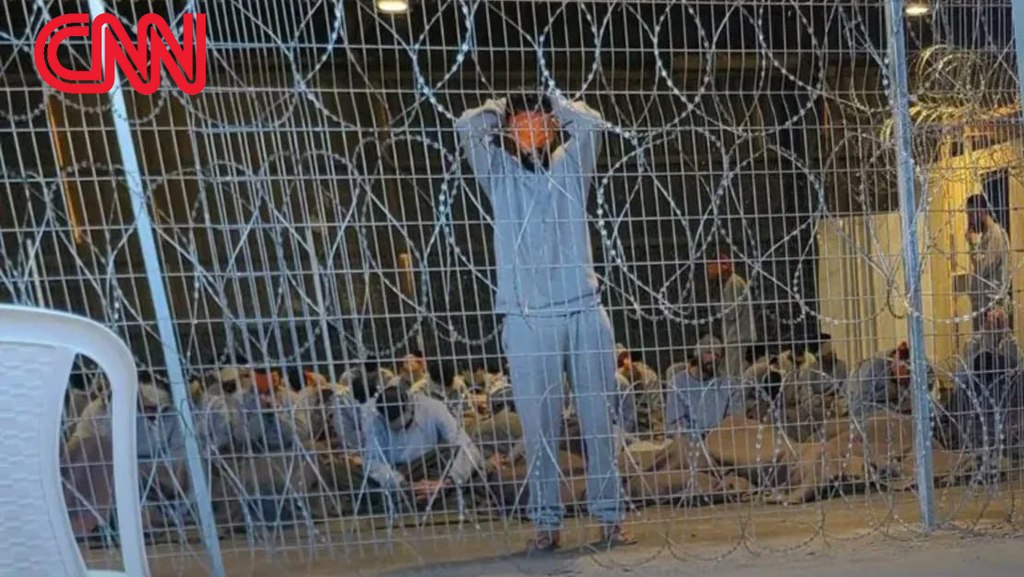The IDF killed many senior Hamas terrorists in Gaza who planned the terror attack, but some in Israel fear that delays in prosecuting those in custody could allow some terrorists to evade justice. Palestinians and human rights groups raise separate concerns, claiming Israel systematically violates detainees’ rights by holding them in harsh conditions without indictment or trial, and limiting access to legal counsel. Broad gag orders keep most case details confidential, and most detainees are absent from public records.
The way Israel detains those prisoners “effectively erases these individuals from public awareness and strips them of fundamental rights,” said Nadine Abu Arafeh, a lawyer representing Gaza detainees in other Israeli court cases. “Families in Gaza live with questions: Are their loved ones alive?” The Justice Ministry declined to comment.
Israel extensively documented the October 7 atrocities, including footage filmed by the terrorists themselves. According to the IDF, thousands of Palestinian terrorists from Gaza participated in the terror attack, which the UN classified as including war crimes and possibly crimes against humanity.
Gez and Malinovsky said investigators skipped many steps in evidence collection amid the chaos. Some bodies were buried before forensic examination, and the sheer scale of killings complicated ballistic experts’ ability to match bullets to specific weapons. “Survivors who witnessed the events often did not immediately report their experiences to the legal authorities, and they quickly scattered across the country before the authorities could contact them,” Gez added.
Knesset member Religious Zionist Party MK Simcha Rothman accused prosecutors of failing to adapt legal procedures to the scale and extraordinary nature of the terror attack. He also said security authorities initially opposed advancing terrorist cases early in the Gaza war, though opposition has since ceased.
Special tribunal considered
Rothman and Malinovsky helped draft the bill, aimed at bypassing legal obstacles by creating a 15-judge special tribunal with limited authority to circumvent the regular criminal system. The bill proposes charging terrorists with genocide, punishable by death under Israeli law.
Other countries have created similar tribunals in response to war or mass atrocities, according to Yuval Shany, a senior researcher with the Israel Democracy Institute, a Jerusalem-based research group, citing U.S. military commissions set up to prosecute Al-Qaeda suspects after the Sept. 11, 2001, attacks on the United States.
All 2,700 Palestinians detained in Gaza during the war are defined as “unlawful combatants,” allowing Israel to hold them without indictment or trial under its law. As part of the recent hostage deal earlier this year, Israel released over a thousand of these detainees, along with women and minors arrested during the war. If ongoing negotiations with Hamas lead to a new agreement, remaining detainees may also be released in exchange for hostages still held in Gaza.
The lengthy detention of so many people without trial “risks becoming a life sentence without the usual protections of the criminal process,” said Monica Hakimi, a Columbia Law School professor and international law expert.
According to IDF and the Israel Prison Service data provided to Physicians for Human Rights through freedom-of-information requests, at least 48 Palestinian detainees have died in custody. Former detainees told The Times last year that they were beaten with fists, kicks, clubs, rifle butts and hand-held metal detectors. Two said their bones were broken, and three reported receiving electric shocks during interrogations. The IDF denied “systematic abuse” at the Sde Teiman detention camp, where thousands of Gazan detainees were held earlier in the war. The Shin Bet security service said all its investigations were “conducted in accordance with the law.”
In late July, the Knesset extended emergency provisions allowing continued detention of terrorists until January 2026, suggesting they may not face charges for at least six more months.







